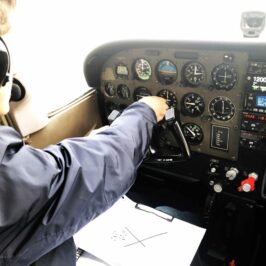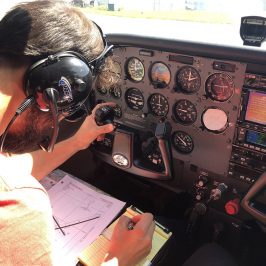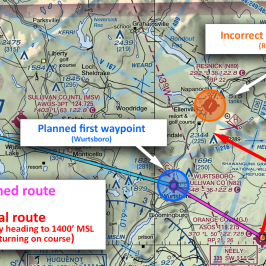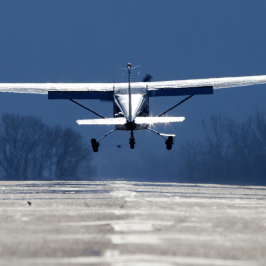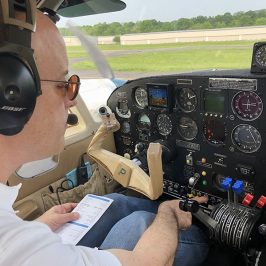“Assess the risk of flight in wet snow conditions, especially at low altitudes,” says the NTSB.
“Flight in wet snow and associated icing conditions can lead to deadly consequences. While snow is typically thought to consist of all-frozen water, snowfall can also contain liquid particles either on the flakes or liquid particles falling amongst the snowflakes. This is what is commonly referred to as wet snow. The liquid portions of wet snow have the potential to freeze onto surfaces that the snow comes in contact with (for example, aircraft) and pose a significant hazard to safety of flight through structural, engine, and windshield ice accumulation.”
More on wet snow, related accidents and possible actions by operators are discussed in NTSB Safety Alert 082.

